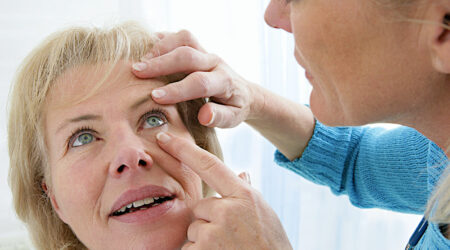
6 Health Conditions That Trigger Severe Hair Loss
Are you dealing with hair loss that seems to be increasing no matter how much effort you put into caring for it? If yes, you are not alone. Unfortunately, many health conditions can cause severe hair loss disorders, such as alopecia areata or telogen effluvium. Some health conditions linked to severe hair loss are discussed below. Keep reading to learn how these conditions affect the quality and quantity of your precious hair with time.
Health conditions that trigger severe hair loss
Polycystic ovary syndrome (PCOS)
Polycystic ovary syndrome (PCOS) is a health condition that affects an estimated 5-10% of women of reproductive age. It is characterized by hormonal imbalances as well as the presence of cysts on the ovaries. While most people with PCOS are aware of the more common health issues such as infertility, body mass gain, and acne, many are unaware of its potential to trigger severe hair loss.
In women with PCOS, increased testosterone levels promote excessive hair growth on the face and body while inhibiting the health of existing scalp hair. This hormonal imbalance places more strain on the hair follicles, making them unable to produce healthy new hair as quickly as usual. With time, this effect can make it difficult for these follicles to sustain hair health and trigger alopecia or severe hair loss.
Lupus
Lupus is a temporary or long-term autoimmune disease. Its symptoms may include fever, fatigue, swelling, joint pain, rashes throughout the body, and sometimes, hair loss. In this condition, your body’s immune system and antibodies attack your healthy cells, tissues, and organs, causing inflammation. This inflammation can trigger temporary or permanent hair loss in lupus patients.
Hair health may also be harmed by treatments used to manage lupus symptoms, leading to thinning or bald patches on the scalp. In the most severe cases of lupus-induced hair loss, individuals experience a complete lack of scalp hair, known as alopecia areata.









